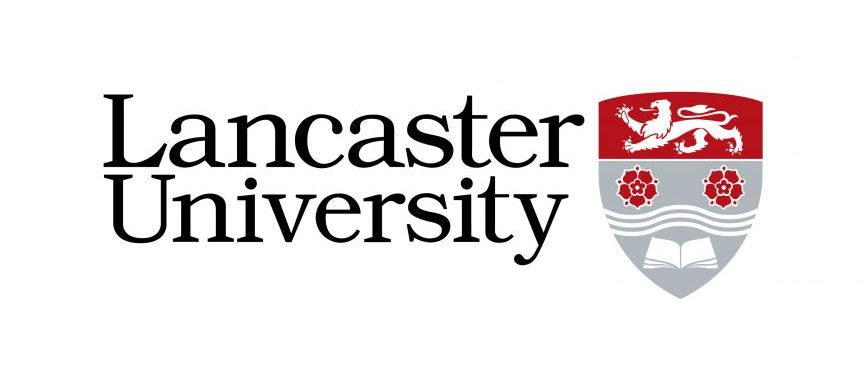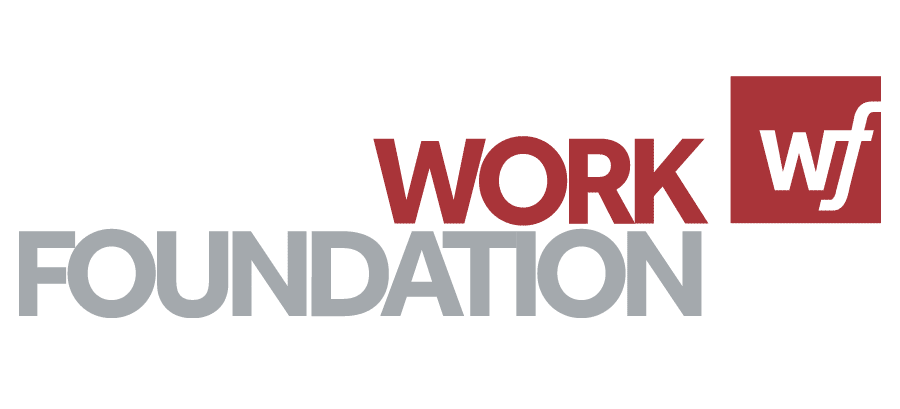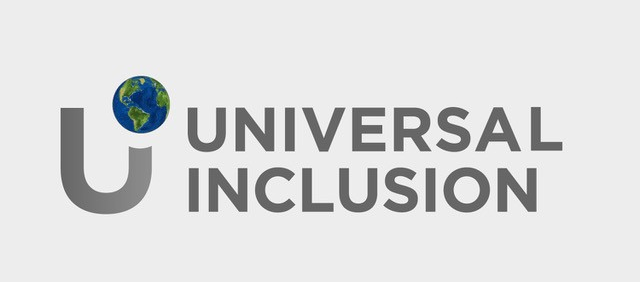The 7th to the 12th of October 2024 played host to Dutch Accessibility Week, which saw researchers, campaigners, employers, policymakers and practitioners across the Netherlands highlight the importance of an accessible workplace. What is needed to be able to work comfortably if you are in a wheelchair, for example, or cannot see well, cannot hear well, are sensitive to crowds or have an energy limitation? This week is dedicated to starting (and continuing) conversations on making work a ((more) accessible workplace where everyone can work well, regardless of disability and/or long-term health condition. In the same week for the UK it is also National Work-Life Week, part of an annual campaign to get both employers and employees talking about wellbeing at work and work-life balance.
As a contribution to these conversations across both the Dutch and the English employment landscapes, on the first day of the Week project analyst Rebecca Florisson presented (in fluent Dutch) preliminary findings from both the quantitative and qualitative findings of the Inclusive Remote and Hybrid Study at a webinar in collaboration with academic researchers at the Amsterdam University of Applied Sciences. These continue the Study’s efforts in collaborating across national boundaries on the implications of remote and hybrid working for people with disabilities and long-term health conditions, and engaging with non-academic partners and stakeholders working on how to make working life more inclusive (and accessible) for all members of the workforce.




